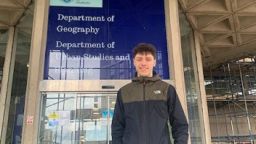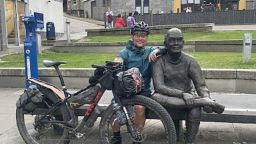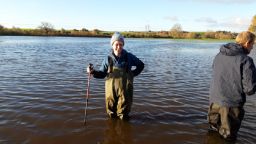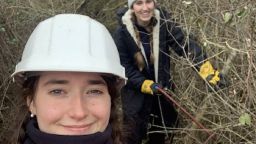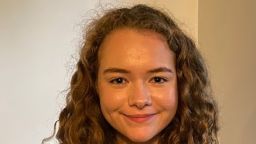Meet our undergraduate students
Wondered what it's like to study with us? Hear from our students about their time with us, and where it took them.

Visit us
Discover what sets Sheffield apart at our undergraduate open days on Saturday 21 June and Saturday 5 July 2025.




